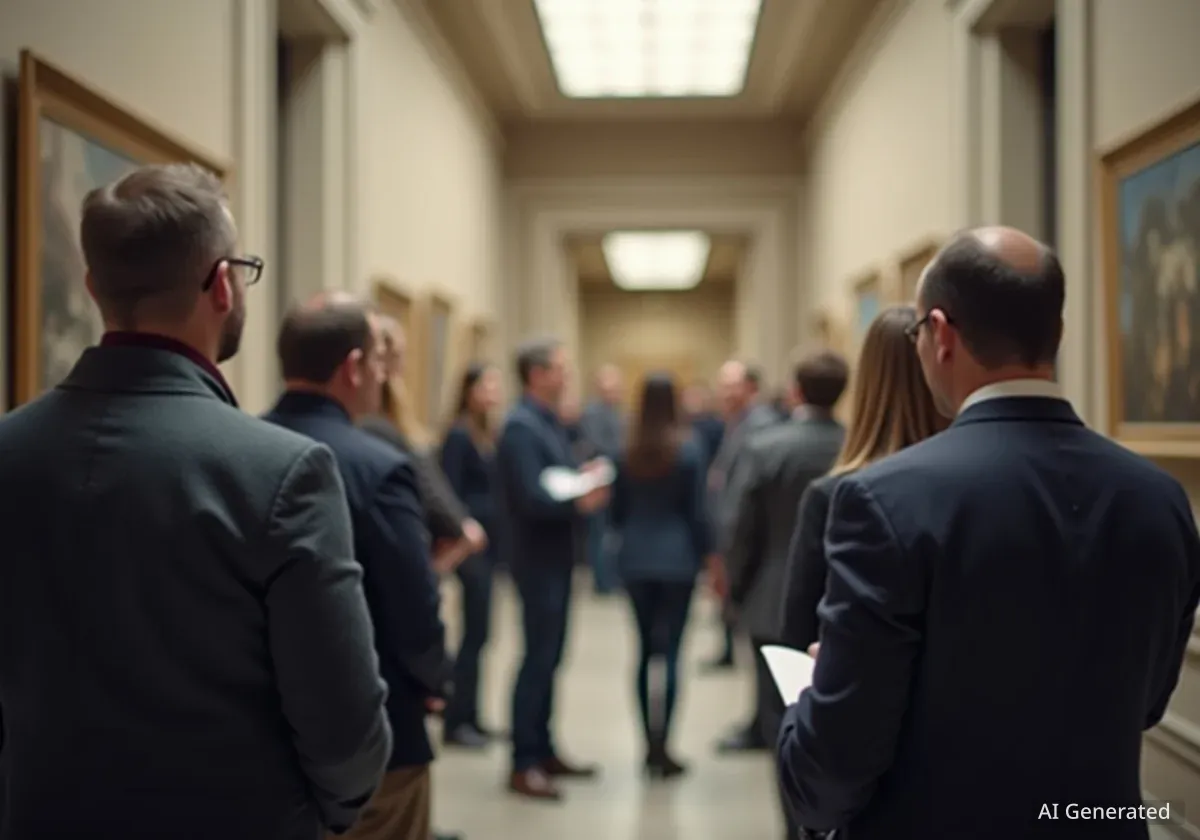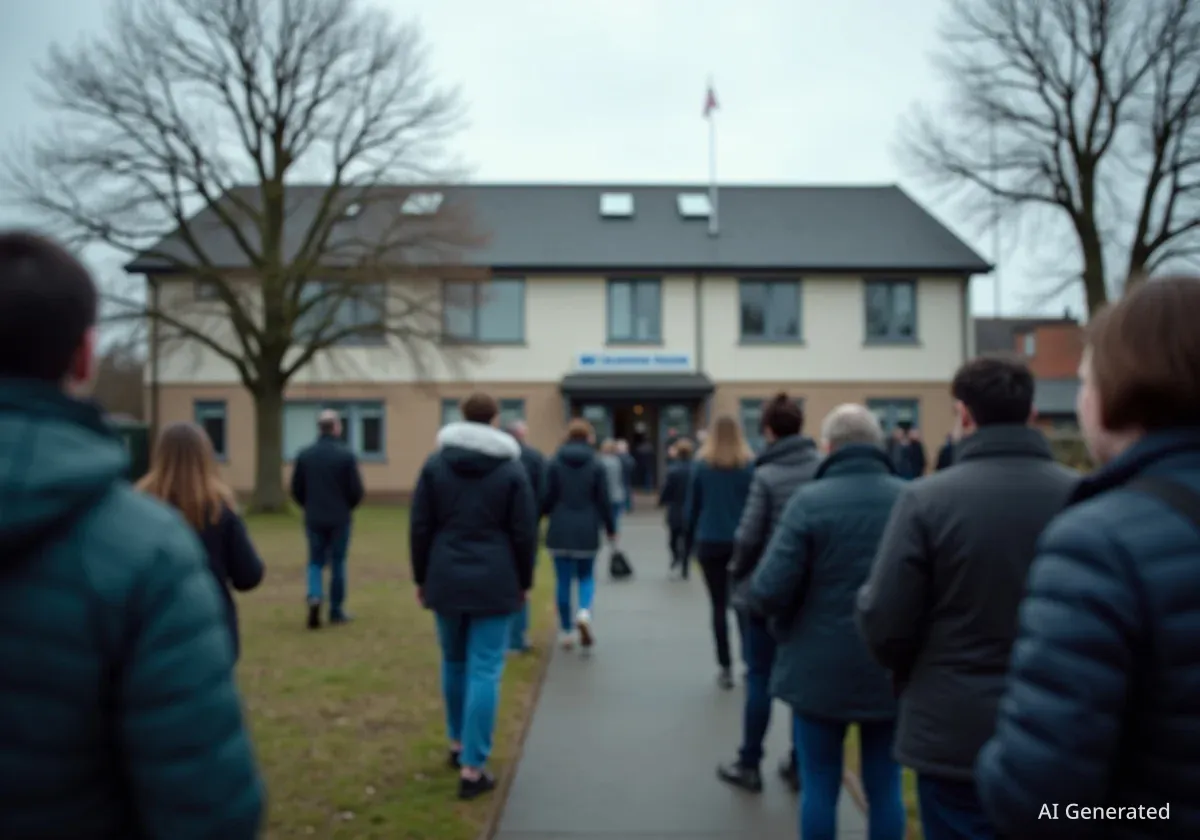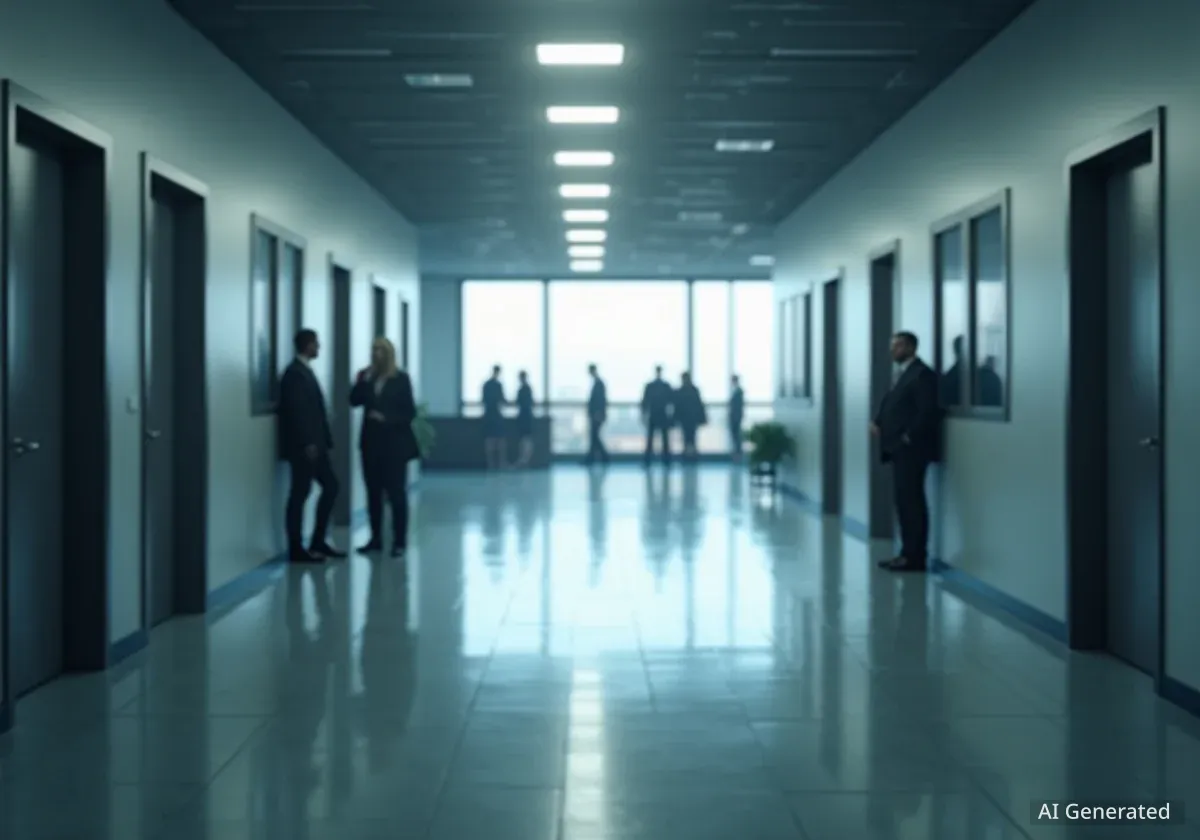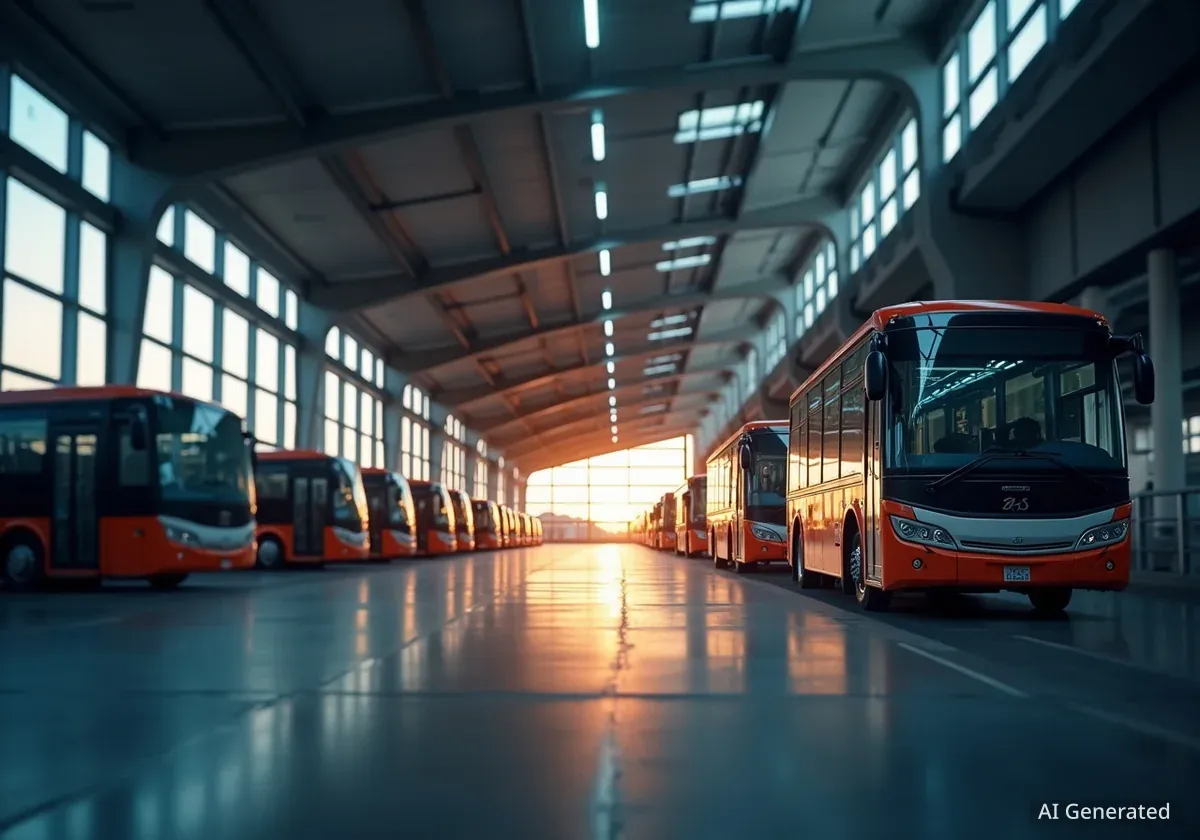Staff at Tate Liverpool, alongside colleagues at other Tate galleries across the UK, are currently voting on whether to take strike action. The ballot, involving over 100 members of the Public and Commercial Services (PCS) union, was initiated after staff rejected a pay offer of between 2% and 3%.
The union is demanding an above-inflation pay increase and the restoration of previously cut staff benefits. The ballot for industrial action is scheduled to run from October 14 until November 11.
Key Takeaways
- Over 100 staff members at Tate galleries, including Tate Liverpool, are balloting for strike action.
- The dispute centers on a rejected pay offer of 2% to 3%, which the PCS union deems inadequate.
- Union demands include an above-inflation pay rise and the reinstatement of cut staff benefits.
- The union has also raised concerns about changes to pensions and the closure of staff canteens.
Details of the Pay Dispute
The core of the dispute is a pay offer that the Public and Commercial Services (PCS) union has described as insufficient. The proposed increase of 2% to 3% was rejected by union members across all Tate locations, which include Tate Britain, Tate Modern, Tate St Ives, and Tate Liverpool.
According to the union, the offer fails to address the significant financial pressures its members are facing. The PCS stated that the proposed increase is inadequate amid the rising cost of living, with many workers struggling with low pay.
This ballot for strike action is the latest development in what the union describes as a five-year period of declining pay and conditions for Tate employees. The vote will determine if staff will walk out in protest.
Union's Position on Staff Conditions
The PCS union has highlighted several other issues beyond the current pay offer. It claims that while Tate directors receive six-figure salaries and bonuses reportedly reaching up to £28,000, essential staff benefits have been withdrawn.
Among the concerns raised are the closure of staff canteens and the removal of subsidised meals, which provided affordable food options for employees. The union argues these cuts have added to the financial burden on lower-paid workers.
Pension Scheme Changes
The union also pointed to a significant change made in 2021, when Tate withdrew access to the civil service pension scheme for new employees. The replacement plan, according to the PCS, offers weaker terms for new staff members.
These accumulated grievances have contributed to the decision to ballot for strike action, with the union seeking a comprehensive resolution that addresses both pay and working conditions.
Statement from Union Leadership
Fran Heathcote, the general secretary of the PCS, commented on the situation, contrasting the gallery's spending on acquisitions with its investment in staff. She criticised the management's approach to employee remuneration.
"Senior management at Tate spend millions acquiring new artworks while allowing many of our members to fall into in-work poverty. Food prices, rent, energy bills, and transport costs are all surging, but they expect our members to live off crumbs."
Heathcote's statement frames the dispute as a matter of fairness, suggesting that the organisation's priorities do not align with the needs of its workforce, particularly during a period of high inflation.
Context of Tate Liverpool's Renovation
The potential industrial action comes at a significant time for Tate Liverpool. The gallery, located at the Royal Albert Dock, is currently closed for a major redevelopment project.
Originally expected to be completed this year, the renovation timeline has been extended, with the reopening now scheduled for 2027. During this period, Tate Liverpool is operating from a temporary location at RIBA North on Mann Island.
Funding for the Redevelopment
The gallery's redevelopment is a large-scale project supported by substantial funding. In June, it was confirmed that the Department of Culture, Media and Sport (DCMS) would provide £12 million through the Public Bodies Infrastructure Fund.
This public money is supplemented by philanthropic donations from organisations including the Garfield Weston Foundation and The Ross Warburton Charitable Trust. The project aims to modernise the gallery space for future exhibitions.
While the renovation continues, the pay dispute with staff introduces a new challenge for the institution. The outcome of the ballot in November will determine the next steps for both the union and Tate's management. Tate has been approached for comment on the ongoing dispute.





